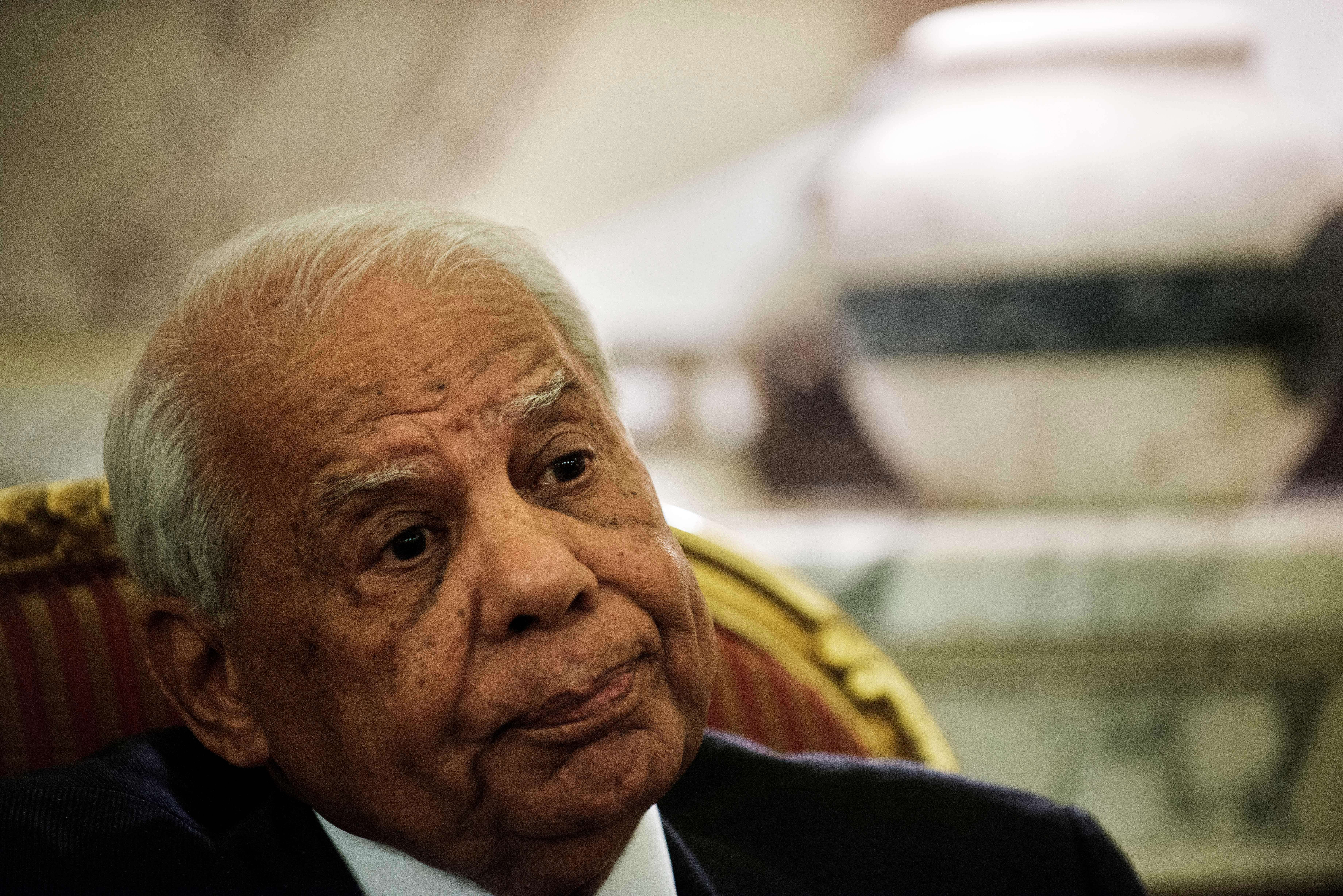Egypt’s Ministry of Electricity plans to implement an exchange energy plan with neighbouring countries this year through electricity interconnection projects and the expansion of transport networks to utise its surplus energy production of 19,000MW.
The Minister of Electricity and Renewable Energy, Mohamed Shaker, said that the first quarter (Q1) of this year will witness the operation of the country’s electricity interconnection project with Sudan, with a capacity of 300MW. The ministry will also complete its tenders for the electricity interconnection project with Saudi Arabia, with a capacity of 3,000MW.
Shaker told Daily News Egypt that the export and exchange of energy with neighbouring countries does not only rely on the amount of local power production , but it is also subject to the availability of transmission lines and substations in these countries, noting that the local grid will be upgraded by the end of 2019.
“After the completion of national projects to improve networks and substations, the national grid will be able to exchange up to 10,000MW. This will contribute to achieving high revenues for Egypt in foreign currency,” Shaker stated.
He explained that the economic benefits of electricity interconnection projects include saving costs and achieving financial returns for the countries where electricity lines will be extended.
He referred to the importance of strengthening the electricity transmission network and raising its efficiency, as well as increasing the length of high and low-voltage transmission lines to meet all the electricity needs of all areas.
“We are always striving to rely on the production units of higher efficiency and less fuel consumption while upgrading the efficiency of the old units,” Shaker stressed.
He added that an agreement would be signed with Sinohydro – a Chinese state-owned hydropower engineering and construction company – for the construction of a 2,400MW pumped-storage hydroelectricity plant in Ataqah city in Suez governorate within a few months.
This year will also witness the operation of the solar energy feed-in tariff projects in Benban, Aswan, with a total capacity of 1,432MW, implemented by 32 Arab and international companies, with investments up to $2bn, Shaker stated.
He added that Egypt is committed to strengthening regional African cooperation in order to reach the ultimate goal of greater integration across the continent, stressing that the country will help achieve sustainable development and prosperity across the African continent.
The government aims to transform Egypt into an energy hub for trading between Europe, Arab, and African countries.
Shaker said that the future vision of the electricity sector is based on the gradual transformation of the current network from traditional into smart to help absorb the large capacity generated from renewable energy plants and reduce energy losses. It will also significantly contribute to improving energy efficiency, reducing carbon emissions, and decreasing the value of investment required for building the infrastructure of electricity networks.




